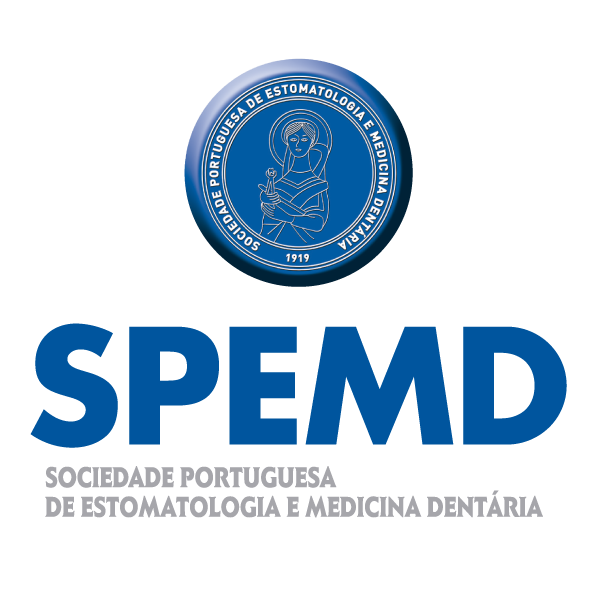
Revista Portuguesa de Estomatologia, Medicina Dentária e Cirurgia Maxilofacial
SPEMD | 2019 | 60 (3) | Page(s) 118-124
Original research
Oral manifestations in patients with different oral health behaviors submitted to chemotherapy: a preliminary study
Manifestações orais em pacientes com diferentes comportamentos de saúde oral submetidos a quimioterapia: estudo preliminar
a Faculdade de Medicina Dentária, Universidade de Lisboa, Lisbon, Portugal
Jéssica Gilberto Santilal - jessica_gilberto@hotmail.com
Article Info
Rev Port Estomatol Med Dent Cir Maxilofac
Volume - 60
Issue - 3
Original research
Pages - 118-124
Go to Volume
Article History
Received on 17/04/2019
Accepted on 12/10/2019
Available Online on 29/10/2019
Keywords
Abstract
Objective: This observational study aims to evaluate oral manifestations and symptoms during chemotherapy in 49 adult patients with onco-hematologic pathology, and to investigate whether oral health habits influence the experience of signs and symptoms in the oral cavity and the quality of life of these patients. Methods: The study was carried out in the outpatient clinic of the Hematology Department and the Myeloma Clinic of the Instituto Português de Oncologia Francisco Gentil de Lisboa. Data were collected by a questionnaire and oral examination. Mann-Whitney and Kruskal-Wallis tests were used to verify possible associations between the number of oral manifestations and the cycles and duration of chemotherapy, frequency of dental appointments and quality of life. Results: The results showed that 89.8% of the patients reported oral symptoms, of which the most frequent were xerostomia (71.7%) and dysgeusia (47.8%). About a quarter of the patients reported a worse quality of life during chemotherapy (p=0.001), which was associated with a higher number of oral manifestations (p=0.002). No associations were found between the symptoms and the number of manifestations and the use of dental services before or during chemotherapy, oral hygiene habits or the number of chemotherapy cycles. However, the duration of chemotherapy influenced the number of oral manifestations (p=0.014). Conclusions: This study demonstrated that chemotherapy influences oral health negatively and compromises the quality of life. The dental-medical follow-up of these patients is fundamental to minimize the consequences of this therapy.
Resumo
Objetivo: Este estudo observacional, tem como objetivo avaliar as manifestações orais e os sintomas durante a quimioterapia em 49 pacientes adultos com patologia onco-hematológica e investigar se os hábitos de saúde oral influenciam a experiência de manifestações e sinais na cavidade oral e a qualidade de vida destes pacientes. Métodos: O estudo decorreu no Instituto Português de Oncologia Francisco Gentil de Lisboa, no Hospital de Dia, em pacientes dos Serviço de Hematologia e Clínica de Mieloma. Os dados foram recolhidos por questionário e por exame clínico oral. Foram utilizados testes Mann Whitney e Kruskal Wallis para verificar possíveis associações entre o número de manifestações orais com ciclos e duração da quimioterapia, frequência de consultas de medicina dentária e qualidade de vida. Resultados: Os resultados obtidos demonstram que 89,8% dos sintomas orais sendo os mais frequentes a xerostomia (71,7%) e disgeusia (47,8%). Cerca de um quarto dos pacientes reportaram pior qualidade de vida durante a CT (p=0,001) com associação a um maior número de manifestações orais (p=0,002) Não foram encontradas associações entre o uso de serviços dentários antes ou durante a quimioterapia, hábitos de higiene oral e número de ciclos da quimioterapia. Contudo, a duração da quimioterapia influenciou negativamente o número de manifestações orais (p=0,014). Conclusões: Este estudo demonstrou que a quimioterapia influencia a saúde oral e compromete a qualidade de vida. O acompanhamento médico-dentário destes pacientes é fundamental para minimizar as consequências desta terapêutica.
